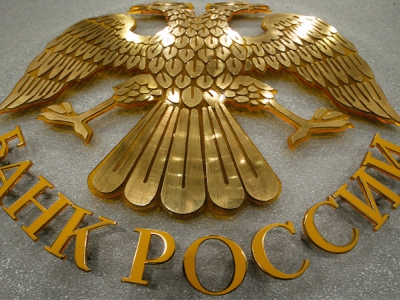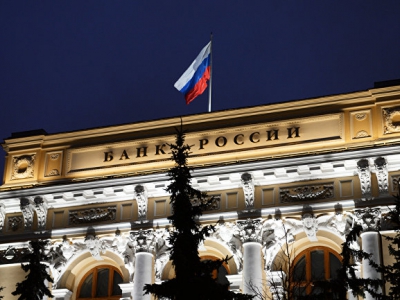Russian banks may be allowed to use distributed ledger to store information on their transactions after the Central Bank’s blockchain task force presents the results of its work.
If blockchain is not implemented by the end of 2016, banks might lose interest in it, and further research of the technology will be useless, claims a source close to the Russian Central Bank quoted by newspaper “Izvestia”, calling the technology “super-reliable” and thus reasonable to implement.
Central Bank officials haven’t refuted the information. The official position of the bank will be disclosed later, they said.
Dimitri Kashtanov, the head of the digital branch of Binbank, noted that private banks in Russia are also investigating the possible implementations of the distributed ledger technology in reliance to money transfers or depository assets.
Top managers of Sberbank, Russia’s largest bank, have shown constant interest in blockchain, claiming that the technology has huge disruptive potential. The head of the bank Herman Gref has noted that the technology can utterly change many spheres of life, including finance and governance. The vice-president of the bank Andrey Sharov recently came up with a bold prediction that, due to the development of blockchain, there will be no banks at all in a decade.
Earlier Olga Skorobogatova, the Central Bank’s deputy chief and head of blockchain task force, emphasized the possible advantages of blockchain, arguing that the technology can be employed practically in any sphere. Still, she believes that the open type blockchain underlying bitcoin technology cannot be accepted by serious participants of the financial market. The future would belong to the “closed” (i.e. permissioned) blockchain, claimed the financier.
According to Skorobogatova, the Central Bank is planning to hold a blockchain seminar in Summer 2016.
The Russian Central Bank’s effort to research blockchain follows the world trend. Many major banks have joined the R3 consortium, while European Central Bank is taking a close look at the technology, and the Dutch Central Bank has even disclosed plans to create a blockchain-based national digital currency.
Andrew Levich

















